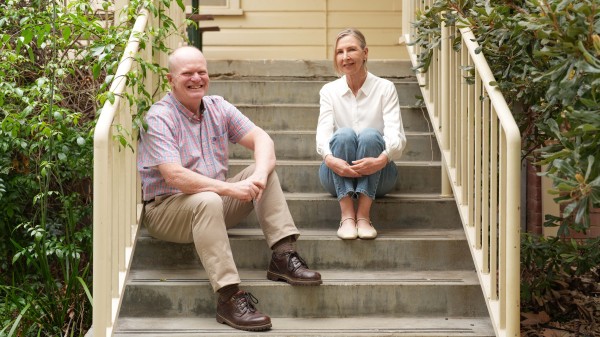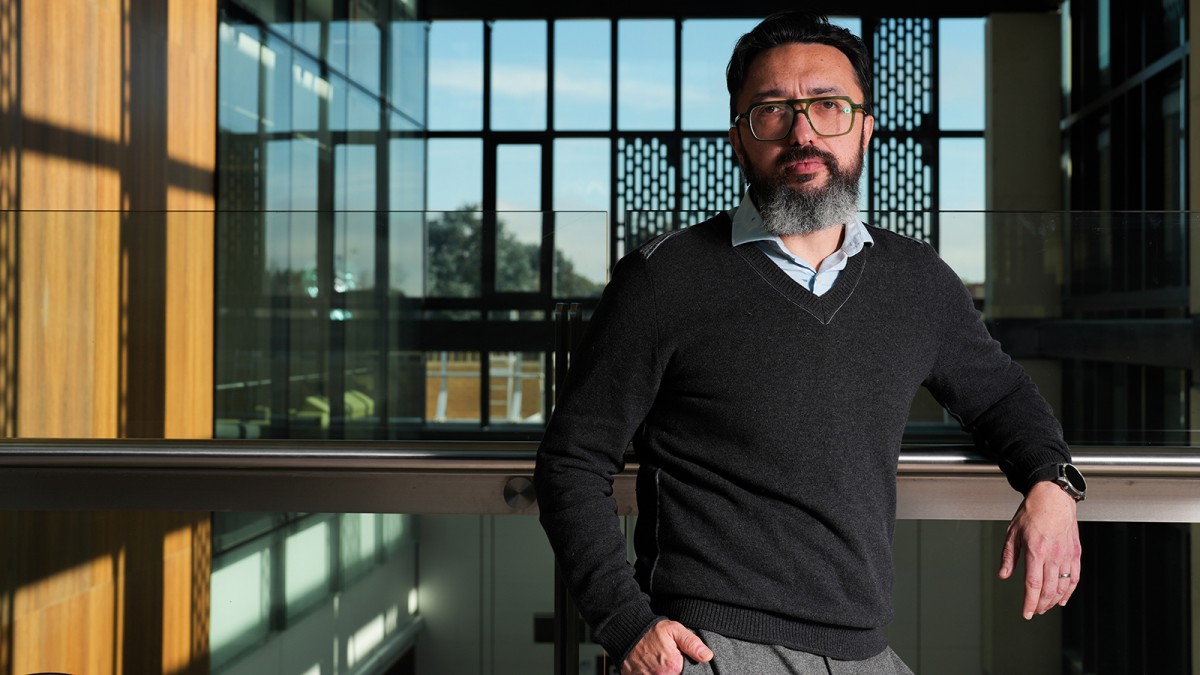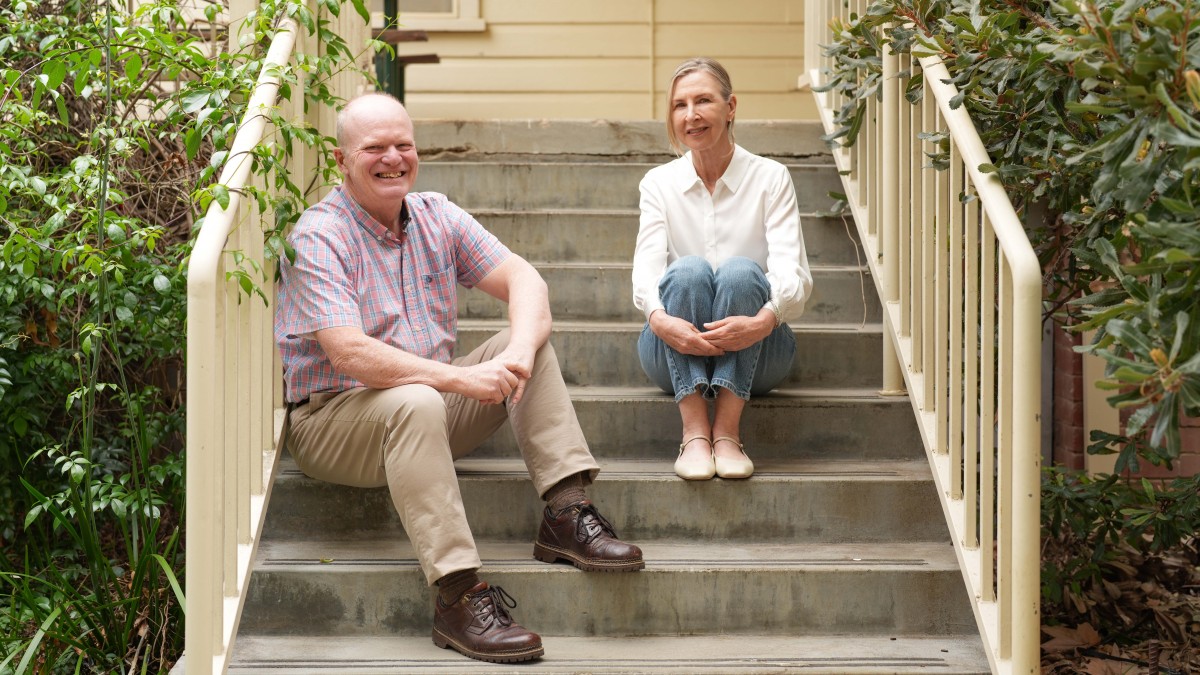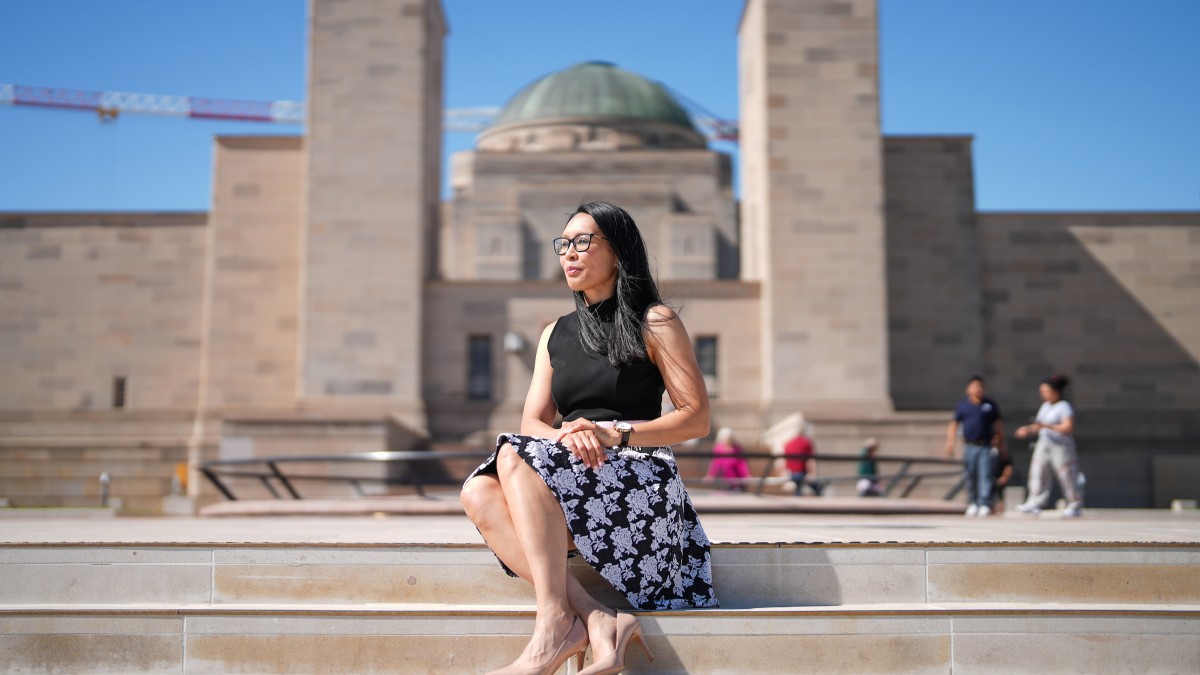You’ve likely heard the adage ‘the only certainties in life are death and taxes’.
Typically, if we don’t pay our taxes the government comes after us. But planning for death is a completely avoidable task.
Nevertheless, it’s a task Dr Michael Chapman – Director of Palliative Care at Canberra Health Services and academic at the School of Medicine and Psychology at The Australian National University (ANU) – hopes more people will consider undertaking. It starts with a conversation.
With the introduction of voluntary assisted dying coming into effect in the Australian Capital Territory (ACT) in November 2025, the conversation is expanding.
“Voluntary assisted dying is an intervention that the community wants. However, there are currently gaps in our capacity to support the conversation and educate and inform people about their options,” Chapman says.
Like health literacy, which provides information to allow individuals to make informed decisions around their healthcare, death literacy provides education for individuals to support themselves, or support someone else, in preparing for death and dying.
In Australia, there are numerous resources for people who are thinking about planning for their end of life – online and in-person – including Palliative Care Australia, Canberra Health Services and Advance Care Planning Australia.
Conversations around advanced care planning are encouraged by healthcare professionals and specialists involved in a terminally ill patient’s care.
Chapman, who sees many people in the later stages of terminal illness and regularly has end-of-life conversations, advises that it’s always better to start the conversations when the stakes are lower.
“It can be very difficult for people to think and plan and talk about death when it’s staring them in the face,” he says. “It’s much easier to do it when there is time to reflect, plan and discuss it openly with loved ones.
“The national awareness day Dying to Know is a wonderful program for encouraging people to start the conversation.”
“Improving how we think, plan and talk about death and dying was important before voluntary assisted dying. Its introduction adds an additional layer of consideration and expands the conversation, but the conversation has always been important.”
Chapman points out, “Not everyone who is terminally ill or thinking about their end-of-life care will consider voluntary assisted dying as part of their planning, but if an individual doesn’t know all their options, then they can’t make an informed decision about what might be best for them. That is why creating a death literacy that relates to voluntary assisted dying is so important.”
Through research funded by ACT Health, Dr Chapman and his colleagues are running a study called ’Getting Ready’ – a project that is co-designed with individuals and organisations within the ACT community who have a vested interest in improving death literacy and education, including discussions around voluntary assisted dying.
The team is aware that different populations will have different needs and challenges to be addressed through the resources created, and that any materials developed will need to have a focus on equitable access.
The team want to hear from all ACT populations and are specifically inviting underrepresented groups to be involved in developing death literacy resources, including people with experience of poverty, homelessness, mental health issues, disability and addictions.
In addition, people with experience of living in aged care or requiring significant community care, representatives from LQBTQIA+ communities, and Aboriginal and Torres Strait Islander people who are culturally and linguistically diverse – will all have a seat at the table.
Register your interest at chs.palliativecareresearch@act.gov.au










